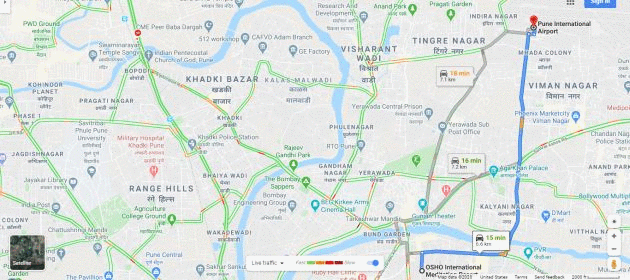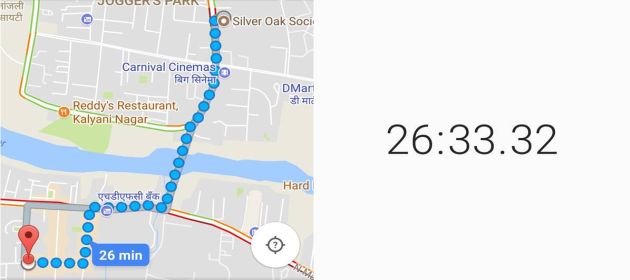Here are a few random business musings from the lockdown.
#1. DEMAND SUPPLY
Cooks, maid servants, drivers can’t come to work. We’re doing all the cooking, cleaning, driving by ourselves. We have the skills. We’re finding the time.
But many of us are paying full salaries to all of these workers.
On the other hand, we lack the skills of electricians, plumbers and other handymen. We can’t do their work. Still we’re not paying them anything. In fact, most of them are day wage earners. Lacking any income due to the lockdown, they fled to their hometowns in the hinterlands, which caused the migrant labor crisis.
We pay one category of workers when they don’t come to work.
But we don’t pay another category of workers under the same situation.
Why this disconnect?
It’s not because of value or indispensability, as we clearly saw above.
I can think of only way to explain this apparent anomaly and that’s by invoking the demand-supply dynamics in free markets.
Maids and other workers in the first category have fixed daily work i.e. non-discretionary. Demand for their work is high and predictable.
Electricians and other workers in the second category don’t have fixed, daily work. We need their services only when a fuse blows or whatever aka discretionary. Demand for their work is fluctuating and unpredictable.
From this, I conclude that:
Where demand is high, labor gets paid, even if it has commodity skills that can be easily replicated.
Where demand is low, labor does not get paid, even if it has specialized skills that cannot be easily replicated.
"10-20% Wage Hike For Blue Collar Workers" ~ @EconomicTimes .
Good to know that free market / demand supply forces are alive & kicking even during a pandemic outbreak / Black Swan event. pic.twitter.com/MiUYVAfQ30
— Ketharaman Swaminathan (@s_ketharaman) July 23, 2020
#2. ZOOM MYSTERY
I helped set up a WhatsApp Group called “CWSF and Friends”. It comprises residents of the so-called Central Wing Second Floor of my hostel in IIT Bombay during my time in the mid-Eighties.
A group member scheduled a Zoom call and sent the invite link on this group.
When I attended it, I was surprised to see a lot of new faces. I’d never seen many of them in my wing when I was in the hostel. Barring one or two, I couldn’t recall seeing any of them even during the 35 years following the time I’d graduated and left the hostel. On top of that, I hadn’t added them to the group.
They mystery was, how did they attend this call?
Turned out that they were residents of the same wing of the same hostel who had graduated before I joined IIT.
The guy who’d scheduled the call was a member of another CWSF group that comprised these seniors. While posting the Zoom link in our group, he’d also posted it in the other group. The way WhatsApp works, I knew only about the first message.
Ergo, the call featured a mix of people, some of whom I knew and others, I didn’t.
 This is a very WhatsApp thing.
This is a very WhatsApp thing.
When you send meeting invites via email, you send the link in a single email addressed to all participants, so everyone gets to know who else will be attending the meeting. Whereas, when links are circulated inside WhatsApp Groups, you can’t be sure how many others get them via groups that you’re not a member of.
(Sometimes I’m not sure who all are there in the same group that I’m a member of – but that’s a story for another day).
Just to be clear, while I experienced it on Zoom, this mystery is not restricted to the world’s most popular videoconferencing platform. As long as meeting invites are circulated via WhatsApp, you should brace yourselves to face the same participant-related suspense on all VC platforms like Google Hangout, WebEx, GoToMeeting, etc.


